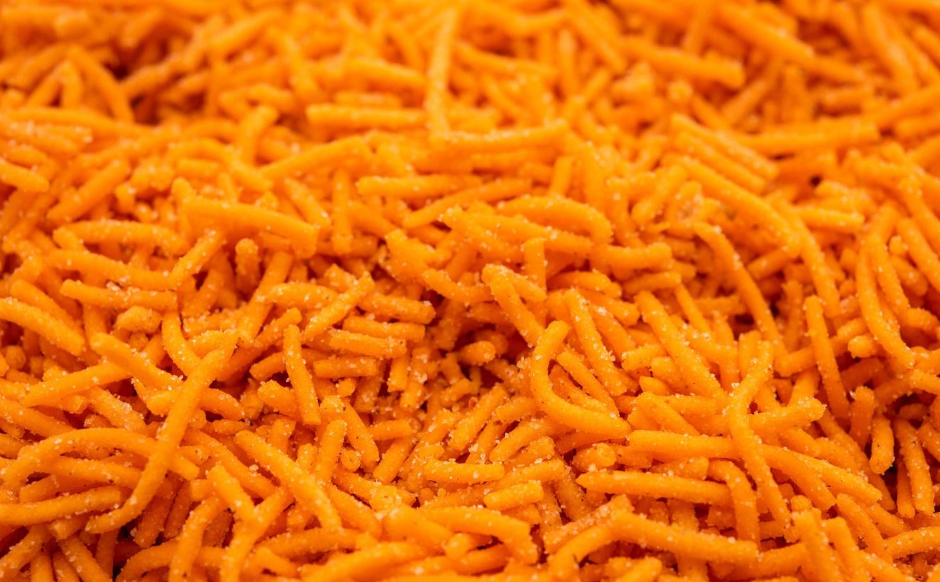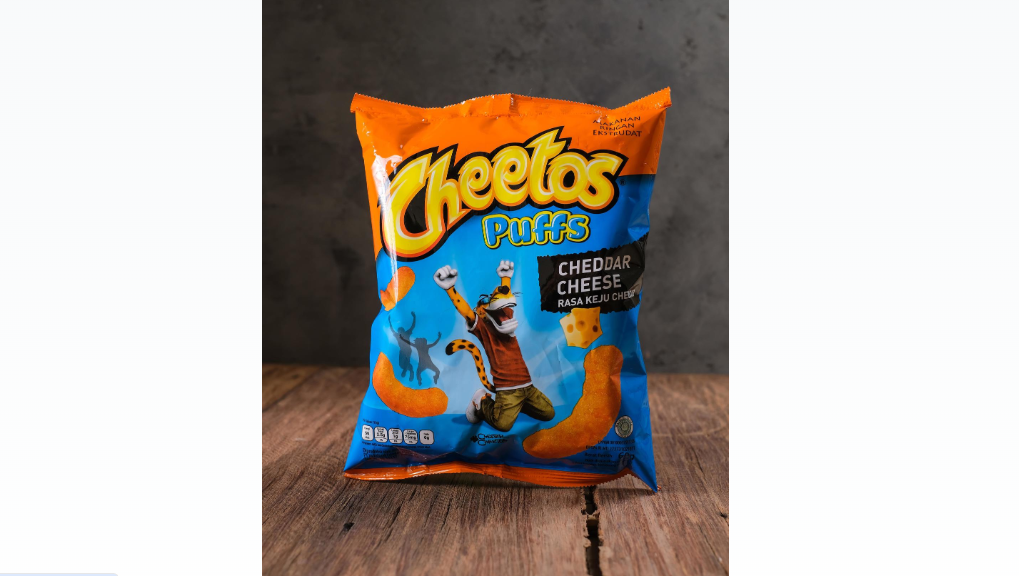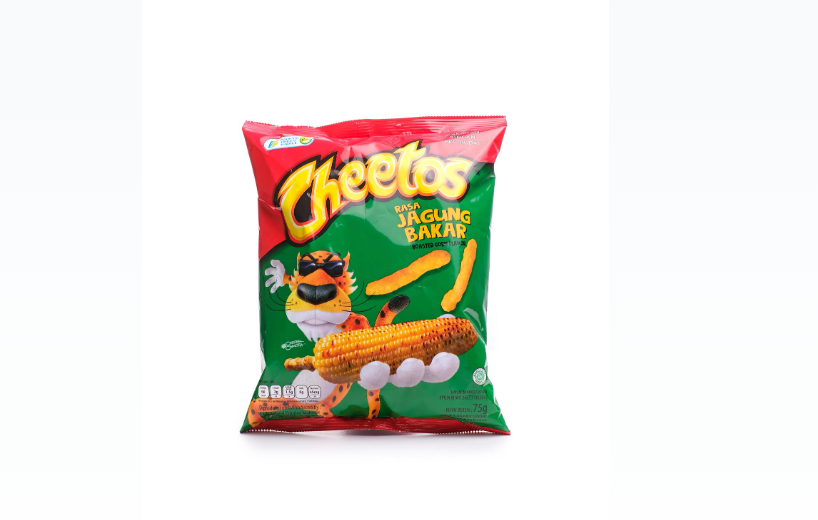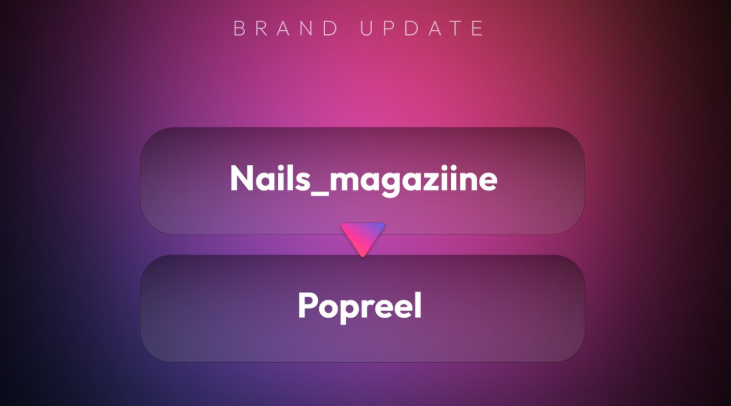California Schools Could Ban Flamin’ Hot Cheetos

©️ stockimagefactory / Vecteezy
California schools could soon ban Flamin’ Hot Cheetos to brightly colored, artificially flavored snacks like Flamin’ Hot Cheetos, Doritos, Froot Loops, and Jolly Ranchers.
A new bill proposed by Assemblymember Jesse Gabriel aims to ban the sale and provision of foods containing specific artificial dyes and titanium dioxide in all public, charter, and state special schools.
Reasons Why California Schools Could Ban Flamin’ Hot Cheetos
- Potential health concerns: The bill cites studies linking the targeted ingredients (red 40, yellow 5 & 6, blue 1 & 2, green 3, and titanium dioxide) to DNA damage, cancer, hyperactivity, and neurobehavioral issues in children.
- Existing concerns: California already has nutritional guidelines for school food, but this bill would go further by specifically restricting these additives.

Impact of the Bill
The proposed bill has the potential to alter school snack options significantly. If passed, popular brightly colored and artificially flavored snacks like Flamin’ Hot Cheetos, Doritos, and Froot Loops could vanish from vending machines and cafeterias.
However, a potential wrinkle arises concerning student fundraising efforts. Many schools rely on selling these very snacks to raise money, and the impact of the ban on such fundraising activities remains unclear.
What Are the Current Regulations in California?
While the FDA requires safety evidence before approving color additives and mandates manufacturers to list them on product labels, they also acknowledge limitations in scientific certainty regarding long-term effects.

This adds another layer of complexity to the debate. While the FDA deems them safe for current consumption, some studies suggest potential health risks, and the bill’s proponents argue for a more cautious approach, especially when it comes to children’s health.
Similar Actions Have Been Taken Before
It’s worth noting that California isn’t the first to take action on food additives. In 2023, the state became the first in the US to ban four food additives considered harmful. Those like red dye No. 3, potassium bromate, brominated vegetable oil, and propylparaben. This move reflects a growing concern about the safety of certain additives in food, particularly those consumed by children.

Additionally, the European Union has stricter regulations on food additives compared to the US. They are banning some of the very ingredients targeted by the California bill. This international comparison suggests a potential shift in global food safety standards, with the US potentially following suit.
The impact on student fundraising efforts that often rely on selling these snacks also remains unclear. Schools may need to find alternative fundraising methods or partner with healthier snack companies. Ultimately, the outcome of this bill will be closely watched by parents, schools, the food industry, and public health advocates.
The Debate on Why California Schools Ban Flamin’ Hot Cheetos

- Proponents of the bill argue for prioritizing student health and reducing exposure to potentially risky ingredients.
- Opponents might raise concerns about practicality, the cost of replacing existing snacks, and potential limitations on student choices.
This proposed legislation is part of a larger conversation about food safety and artificial ingredients in children’s diets. The outcome will be closely watched by parents, schools, and the food industry.
You might also like to read: Skittles Ban in California: No More “Tasting Rainbows” Here!


